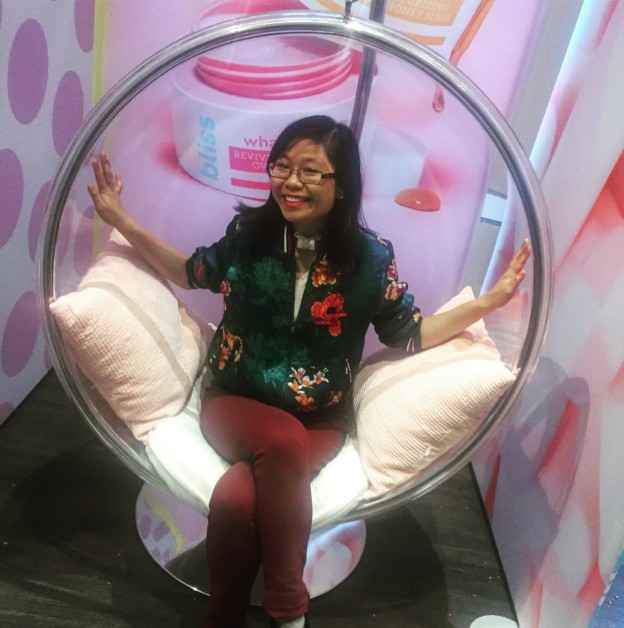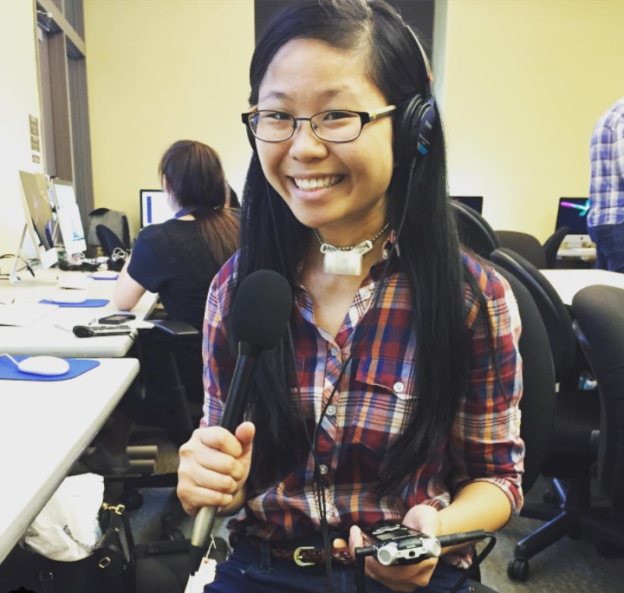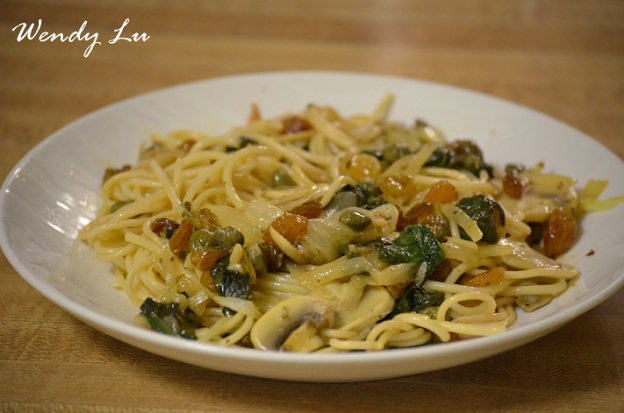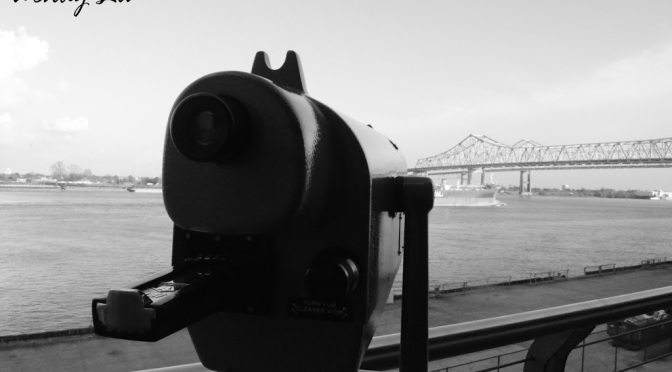#DailyWings: “It takes courage to rest and play in a culture where exhaustion is seen as a status symbol.” — Brené Brown
Wow. It feels so surreal to be writing for my blog again, but here I am.
My life is vastly different now than it was a year ago. I started a new position as a video producer at HuffPost back in October — my first full-time journalism job ever — so a lot has shifted over the last few months. I’m learning an entirely new skill set, I’m navigating a different company culture, and I’m working harder than ever before. I have to pinch myself every day to remember that all of this is real.
Although I have been extremely busy, the reason for my lack of blogging goes beyond just that. For the better half of two years, I’ve been avoiding any sort of what I’d like to call personal writing (as opposed to journalism or professional writing). That includes writing in my daily journal, my memoir and my blog. I daydream about personal writing every single day, but every time I sit down and try to write something, I feel so guilty for doing something that’s not related to work — or the pressure to write something perfect (even if it is for myself) is so great that I end up not writing anything at all.
I am paralyzed by the blank page, but even more so, I’m paralyzed by the thought of confronting myself as well as all of the events and incremental moments that have led me to where I am now.
It took me more than two years to find a journalism job. During those months, I took up an editing gig at Planned Parenthood Federation of America and freelanced on the side. Even though I didn’t talk much about Planned Parenthood on social media, the year and a half I spent there was transformative. I am forever grateful for the people I met, many of whom remain close friends of mine. They are some of the kindest, bravest, and most genuine people in my life. They inspired me to be a better editor, a better writer, a better activist, and a better person. They gave me courage and taught me how to stand up for myself, and they supported me in being myself — just as I am.

While I was at Planned Parenthood, I continued to write stories for The New York Times, Teen Vogue, Bustle, and others. I wrote about mental health in Asian American communities, the impact of #MeToo on teenagers, the much-needed cure for ableism, and more. Looking back, I don’t know how I managed to work a full-time job and keep up a separate journalism career while also speaking at conferences, schools, etc. I’m extremely proud of the work I did during that time period — but the truth is that it wasn’t as easy as I’ve let on.
I don’t want to be the kind of person who puts up a front and only shares the accomplishments and the good moments without also sharing some of the pain and hardship. In an online world where we’re inundated with social media filters, this is my attempt at being more open and vulnerable. It’s also important for me to acknowledge that I am extremely privileged for being able to work and live my dream here in New York. But there needs to be space for appreciating all the good things in life while also wanting to strive for something better. I told a friend once that I sometimes worry about not being grateful enough for what this city has given me, both the good and the bad. She shook her head. You don’t owe the city anything, she said. Everything you’re feeling is valid.
Before I landed my current position, I was a freelance writer who covered stories about gender, politics, disability and culture — but mainly disability. My audience grew, and I started receiving requests to join panels, speak on podcasts, and teach reporting/journalism career workshops at the university and professional level. I discovered the world of public speaking. Somehow, I’d been given this incredible platform to share my perspectives, and I wanted to use these opportunities for good.
At some point, I developed impostor syndrome and started experiencing a lot of anxiety, especially whenever I had to speak in front of a crowd. Who was I to tell other reporters how to do their job? What expectations did journalism students have of me, and what if I failed miserably to meet them? What if I messed up and ended up speaking for a community instead of lifting it up? What if I gave a terrible presentation or couldn’t answer any questions from the audience, and the institution hosting me decided they’d made a mistake and wanted a refund? It’s taken a while for me to build enough confidence and trust in myself.

At the same time, I was applying for dozens of positions that would pay me to be a reporter full-time, and I received dozens of rejections back. It was frustrating because I seemed to be qualified enough to get paid for speaking on panels, teaching classes, and serving as an expert in my field — and yet, for a long time, it apparently wasn’t enough to land an actual job and advance in my journalism career.
A lot of roles just weren’t the right fit. But I also received so many no’s for all the wrong reasons. For many jobs, I later discovered that other people — who were usually white and had less experience — had received the offers. And during one job interview, the employer asked if the winter weather made it hard for me to work, implying that my disability affected me on the job. (It doesn’t.) That’s the kind of ableism that people with disabilities deal with on a daily basis.
Finally, being a journalist with a somewhat visible platform was (and still is) just hard in general. Here are a few reasons why, in no particular order:
1) Having to deal with an ableist troll or two is fine, even mildly amusing, but dealing with swarms of them all at once is something else.
2) A 2017 story of mine that was incredibly well-received was, in fact, the silver lining of a traumatizing experience that hundreds of freelancers endure every day: My editor for that story ghosted me right after the story was published and refused to pay me for months.
3) Receiving emails from people who say they love my writing and look up to me as a disability activist is amazing, but it makes me feel like I always need to be positive and have my sh*t together.
Even now, I’m learning a lot and working through all of the kinks that come with a new job, even if it’s one that I absolutely love. I’ve realized that being a perfectionist is impossible when you’re a journalist. It’s important to be kind to ourselves and understand that we’re all just doing the best we can to survive in this industry. If we’re willing to continue telling our stories, and if we’re choosing to be journalists despite all of challenges that are unique to our field, that means something. It matters.
So to all of the journalists and creators out there who are struggling, thriving, or both, I see you. We’re in this together.










Terrific blog post. Very proud of all your success and glad you are not hiding how tough it is ! Too few are clear about the ups and downs.
Susan King, MJ School
Thank you so much for sharing Wendy :-)